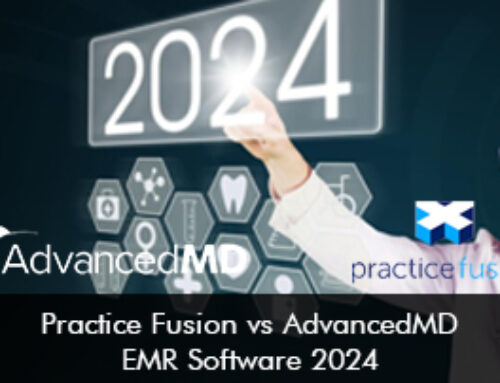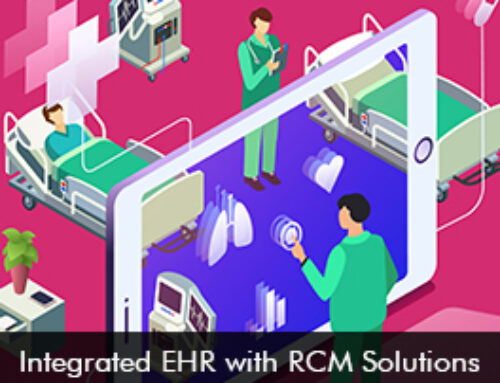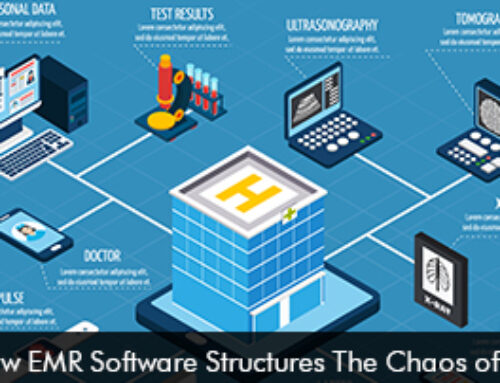Electronic Medical Records (EMR) Software usage has increased throughout the United States because these robust solutions help streamline clinical, administrative, and financial tasks. As the digital healthcare world is progressing, more and more healthcare organizations have deployed Cloud-Based EMR Software systems in recent years. Cloud computing has revolutionized the healthcare sector by offering better security, scalability, and flexibility.
The Market for Cloud-Based Software
A recent study by Forbes revealed that the market for cloud computing and services is estimated to increase by more than $79 billion in the next five years. This rapid growth explains that hospitals will continue to realize the benefits they can reap from investing in cloud solutions as they have great potential to accelerate health IT scalability.
The Difference between On-premise Software and Cloud-Based EMR Software
On-premise Electronic Medical Records software is installed and run locally on the servers and infrastructure of a healthcare institution. This method gives you a lot of control over your system and data, but it needs a lot of money upfront for hardware, maintenance, and IT services. It may restrict access to on-site places and may necessitate additional effort in terms of updates and scalability.
Cloud-based EHR Software Systems, on the other hand, are hosted on remote servers by a third-party cloud service provider. This strategy provides more flexibility and accessibility by allowing healthcare providers to view patient records from any location with an internet connection. The cloud provider manages maintenance, upgrades, and scalability, relieving the organization’s IT team of this responsibility.
3 Key Benefits of Deploying Cloud-Based EHRs
The following advantages can be realized by clinicians when cloud-based EMR Software solutions are adopted:
- Cost-Effective Solution: Cloud-based software is an affordable option as compared to on-premise software. With cloud solutions users don’t have to pay high upfront hardware and infrastructure costs. Health systems have to pay a monthly subscription fee which turns out to be cheaper as the initial cost of investment is reduced. Some EMR Software vendors offer cloud systems for as low as $100 per month.
- Scalable Option: Cloud-based systems offer tools and features that can support an organization’s growth and expansion goals. Cloud EHR Software is best for hospitals with multiple locations as cloud technology enables clinicians to easily access patient data. This data can be updated seamlessly to be easily exchanged for care coordination.
- Automatic Updates: Maintenance, updates, and security fixes are handled by cloud service providers. This ensures that the software is always up to date, and it eliminates the need for enterprises to allocate resources to do manual updates.
Security of Cloud-Based EMR Software
Given health information’s sensitive and private nature, the security of cloud-based Electronic Health Records (EHR) Software is crucial. To secure the confidentiality, integrity, and availability of EMR data, reputable cloud service providers like athenahealth EMR Software, Epic Solutions, and AdvancedMD EHR Software use cutting-edge security methods. The following are critical components of cloud-based EHR system security:
- Data Encryption
- Access Controls
- Regular Audits and Compliance with HIPAA laws
- Robust Data Backups and Disaster Recovery
- Network Security
- Incident Response
- Secure APIs
- User Training and Education for Best Practices of Security and Privacy.







